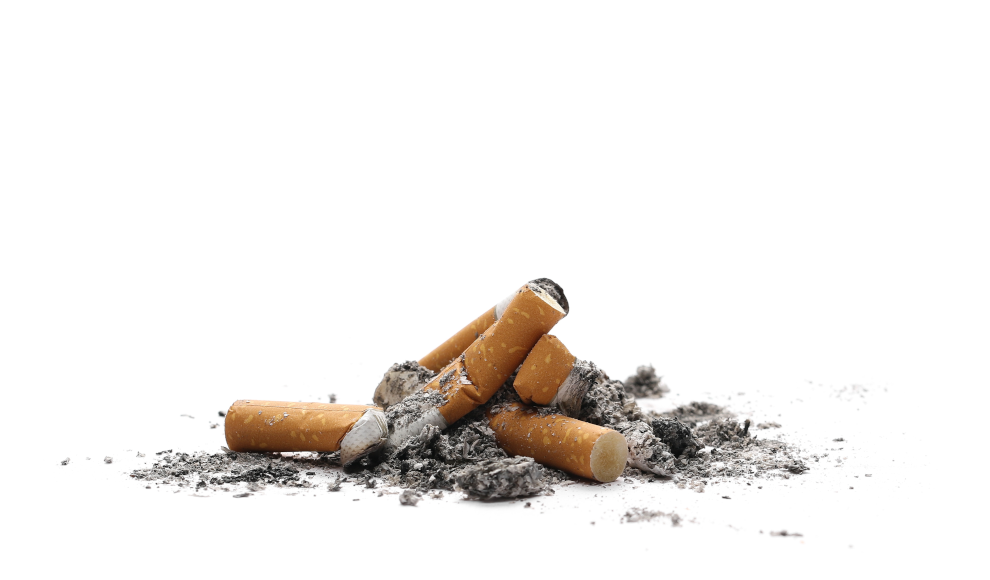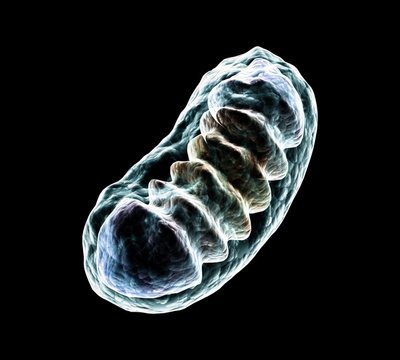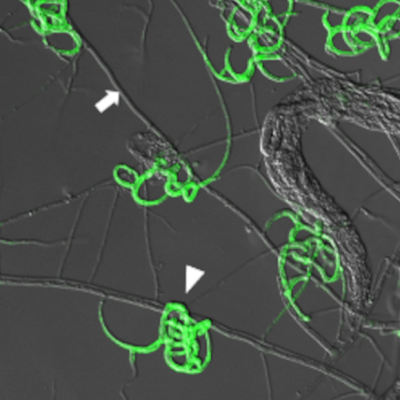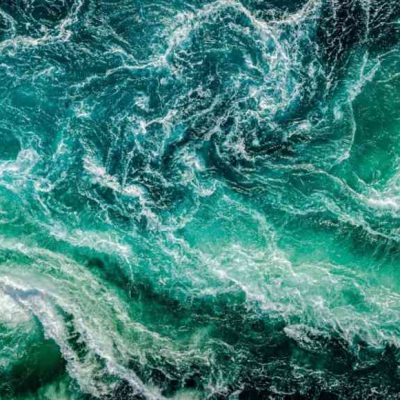Plastic waste is a major environmental problem, with humans producing around 400 million tons of plastic waste annually. Unfortunately, plastic waste is not biodegradable and only a small percentage (16%) is recycled. However, researchers in China have discovered plastic-eating bacteria and fungi that could help solve the global waste problem. The team from Sun Yat-sen University collected 50 samples of plastic waste from three contaminated areas in an UNESCO-protected wetland in eastern China. Using DNA metabarcoding, they identified 184 different species of fungi and 55 strains of bacteria that had colonized the plastic waste, creating a unique ecosystem.
The researchers found that all the microorganisms identified in the samples were capable of breaking down polycaprolactone (PCL), a biodegradable polyester commonly used in the production of various polyurethanes. They also discovered that some fungi, such as Alternaria, and agricultural pests, such as Fusarium and Neocosmospora, were able to feed on PCL-based plastics more effectively than traditional decomposers. The team also identified two genera of bacteria, Streptomyces and Jonesia, that could potentially break down other petroleum-based polymers.
While the knowledge of microbial communities associated with plastic waste is still in its early stages, the researchers are optimistic that their findings will lead to significant advances in this field. They believe that their discovery of plastic-eating microorganisms could provide promising resources for future technologies. This breakthrough could be a game-changer in the fight against plastic waste and help to create a more sustainable future.










